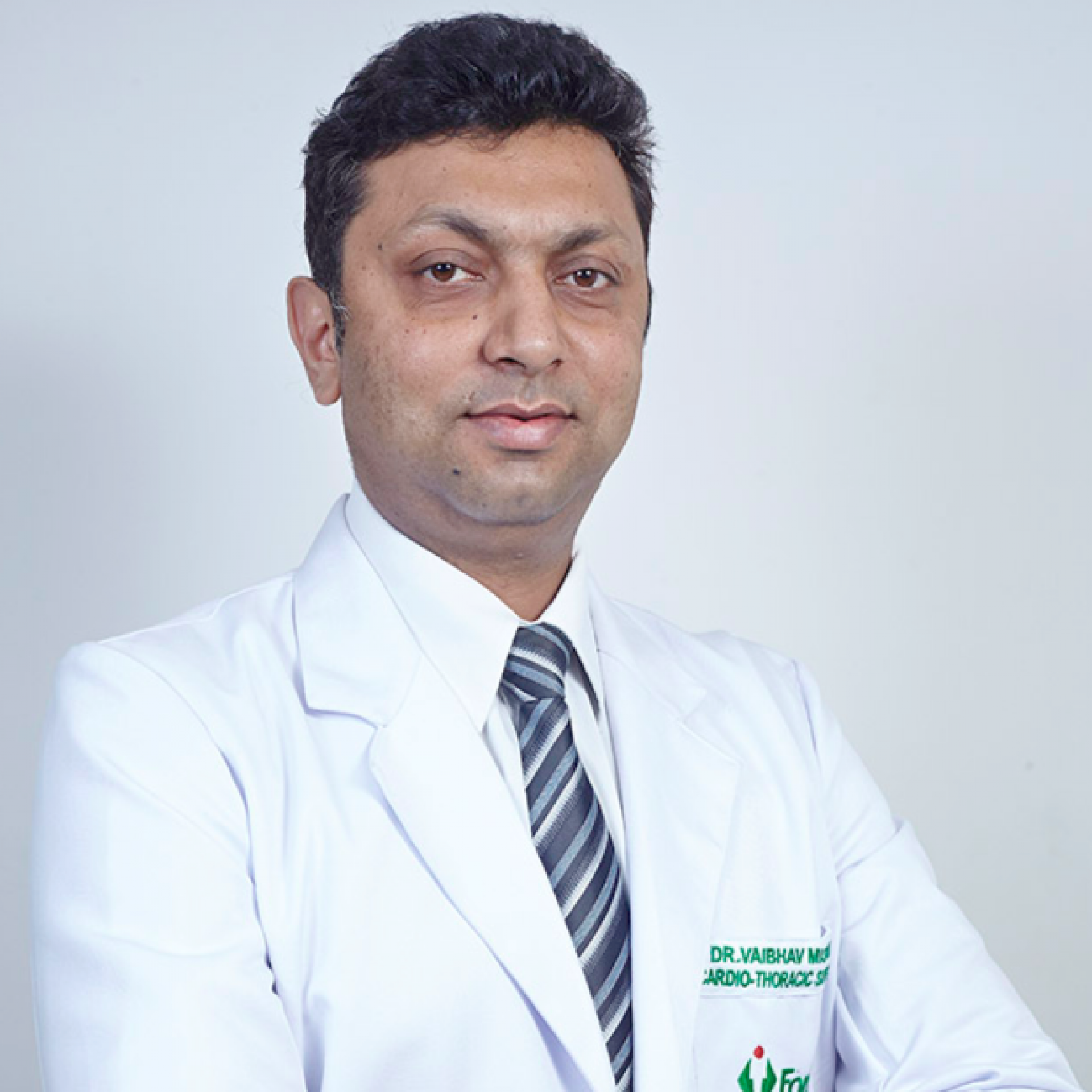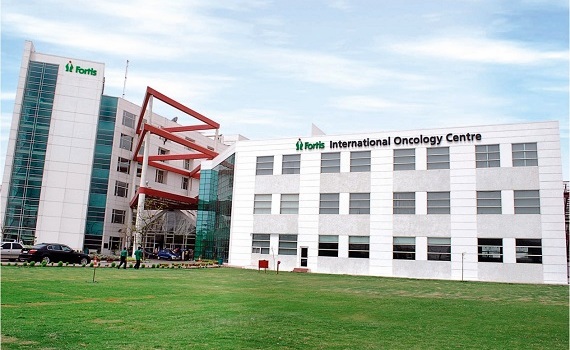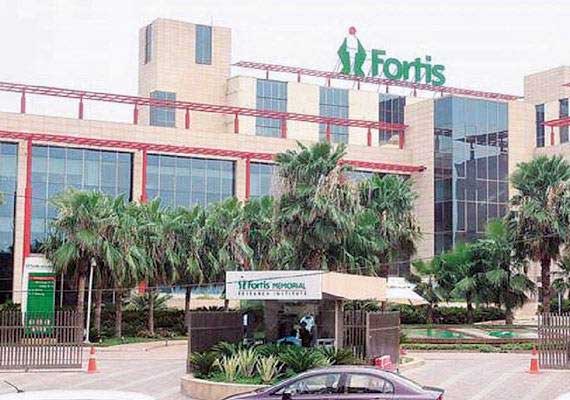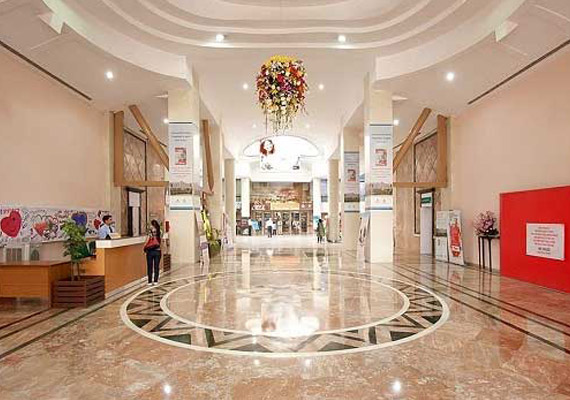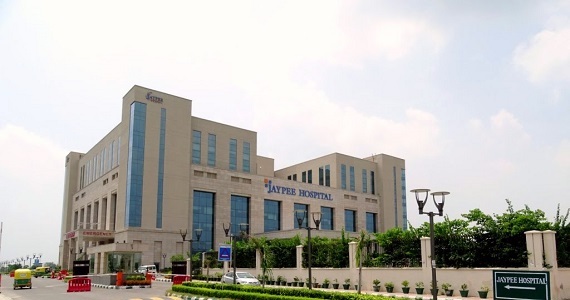PDA Device Closure Treatment in India
treatment
starting from
Introduction:
In the realm of medical advancements, PDA (Patent Ductus Arteriosus) Device Closure has emerged as a beacon of hope for those suffering from this congenital heart condition. In this blog, we delve into the intricacies of PDA, exploring its symptoms, causes, diagnosis, and treatment options. Moreover, we will shed light on the cost of PDA Device Closure in India, making it an informative read for both patients and caregivers seeking a comprehensive understanding of this revolutionary procedure.
Understanding PDA:
The Patent Ductus Arteriosus (PDA) is a congenital heart defect that occurs when the ductus arteriosus, a small blood vessel that connects the pulmonary artery to the aorta in a developing fetus, fails to close after birth. In a healthy newborn, the ductus arteriosus naturally seals shut, allowing blood to flow properly through the heart. However, in the case of PDA, this pathway remains open, causing an abnormal circulation of blood between the aorta and pulmonary artery.
Symptoms and Causes:
PDA often manifests in various symptoms, and the severity can vary from individual to individual. Some common signs include:
- Heart Murmurs: A continuous heart murmur is a primary indicator of PDA, which is often detected during a routine physical examination.
- Fatigue and Shortness of Breath: As the heart works harder to compensate for the abnormal blood flow, patients may experience fatigue and breathlessness even with mild exertion.
- Respiratory Infections: PDA can lead to an increased susceptibility to respiratory infections due to excessive blood flow in the lungs.
- Failure to Thrive: Infants with untreated PDA may exhibit poor growth and weight gain.
The exact cause of PDA remains uncertain, but genetic and environmental factors are believed to play a role in its development.
Diagnosis:
Early diagnosis of PDA is essential to facilitate timely intervention and improve outcomes. Physicians may use several diagnostic methods to confirm the condition:
- Physical Examination: A stethoscope is employed to detect abnormal heart sounds, particularly a continuous murmur, which is often indicative of PDA.
- Echocardiogram: This non-invasive imaging test uses sound waves to create detailed images of the heart's structure, aiding in the identification of the patent ductus arteriosus.
- Chest X-ray: A chest X-ray can reveal changes in heart size and blood vessel patterns that might be associated with PDA.
- Electrocardiogram (ECG/EKG): This test records the heart's electrical activity and helps rule out other heart abnormalities.
Treatment Options:
Once diagnosed, several treatment options are available for PDA, ranging from conservative management to surgical intervention. One of the most groundbreaking treatments for PDA is the PDA Device Closure procedure.
- Conservative Management: In mild cases, where the PDA is small and asymptomatic, doctors might recommend regular monitoring to observe any changes in the condition.
- Medications: Nonsteroidal anti-inflammatory drugs (NSAIDs) like indomethacin or ibuprofen may be administered to help the ductus arteriosus close in premature infants or small PDAs.
- Surgical Ligation: In severe cases or when the device closure is not feasible, traditional open-heart surgery to tie off the patent ductus arteriosus may be considered.
PDA Device Closure:
PDA Device Closure has revolutionized the treatment of this condition, offering a minimally invasive and highly effective alternative to open-heart surgery. In this procedure, an interventional cardiologist inserts a specialized device, often made of metal or fabric, into the PDA through a catheter, guided by imaging technology. Once in position, the device is carefully deployed, sealing off the abnormal connection and allowing the body to naturally form tissue around it, permanently closing the PDA.
Advantages of PDA Device Closure:
The PDA Device Closure procedure provides several benefits over traditional surgical ligation:
- Minimally Invasive: As the procedure is catheter-based, it requires only a small incision, leading to reduced scarring and faster recovery times compared to open-heart surgery.
- Shorter Hospital Stay: Patients typically require only an overnight hospital stay, ensuring a quicker return to normal activities.
- High Success Rate: PDA Device Closure boasts an impressive success rate, with the majority of patients experiencing complete closure of the ductus arteriosus.
PDA Device Closure Procedure Cost in India:
India has emerged as a global leader in providing high-quality medical care at a fraction of the cost charged in western countries. The cost of PDA Device Closure in India ranges from approximately $1500 to $3000, depending on the hospital, location, and the patient's individual needs. This affordability has made India a preferred destination for patients seeking world-class medical treatment without breaking the bank.
Conclusion:
PDA Device Closure stands as a testament to medical innovation, offering a safe and effective solution for those living with a patent ductus arteriosus. This minimally invasive procedure has transformed the lives of countless patients, allowing them to embrace a healthier and more vibrant future. With India's prowess in providing affordable healthcare, this groundbreaking treatment has become accessible to a broader spectrum of individuals, ensuring that hearts are mended, and lives are renewed.
How It Works
Need help in organizing medical travel to India?


